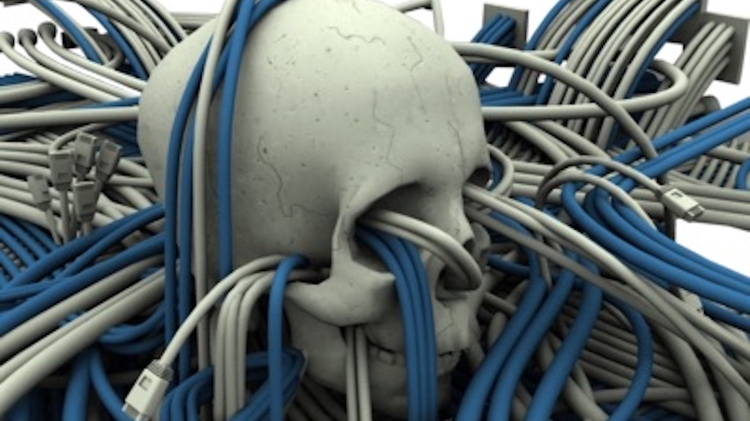
Please note: This event took place in March 2019
A whole field of study called 'Digital Death' seeks to address the issues of the future of human death and its relationship with digital technology and the internet. Understanding these implications is both practical and futuristic, in ways that make many people uncomfortable, especially when it becomes clear that very little, if any, of our current human digital content will ever remain accessible for future generations.
But how did our long ago relatives in the early 1990s imagine what death on the web might be like? And how do concepts of future internet technology potentially shape what ‘being dead’ will mean in the near future if and when an individual’s social media accounts recreate that person after they die? Who cares? And who is making money off of it?
The future of human mortality is much less about whether or not our digital lives can be preserved after we die. The real question is whether and if that scenario is desirable.
Dr John Troyer, the Director of the Centre for Death and Society at the University of Bath, will be exploring this in his talk. He is a co-founder of the Death Reference Desk website (@DeathRef), the Future Cemetery Project (@FutureCemetery) and a frequent commentator for the BBC. His most recent book is Technologies of the Human Corpse (published by the MIT Press in 2019).
